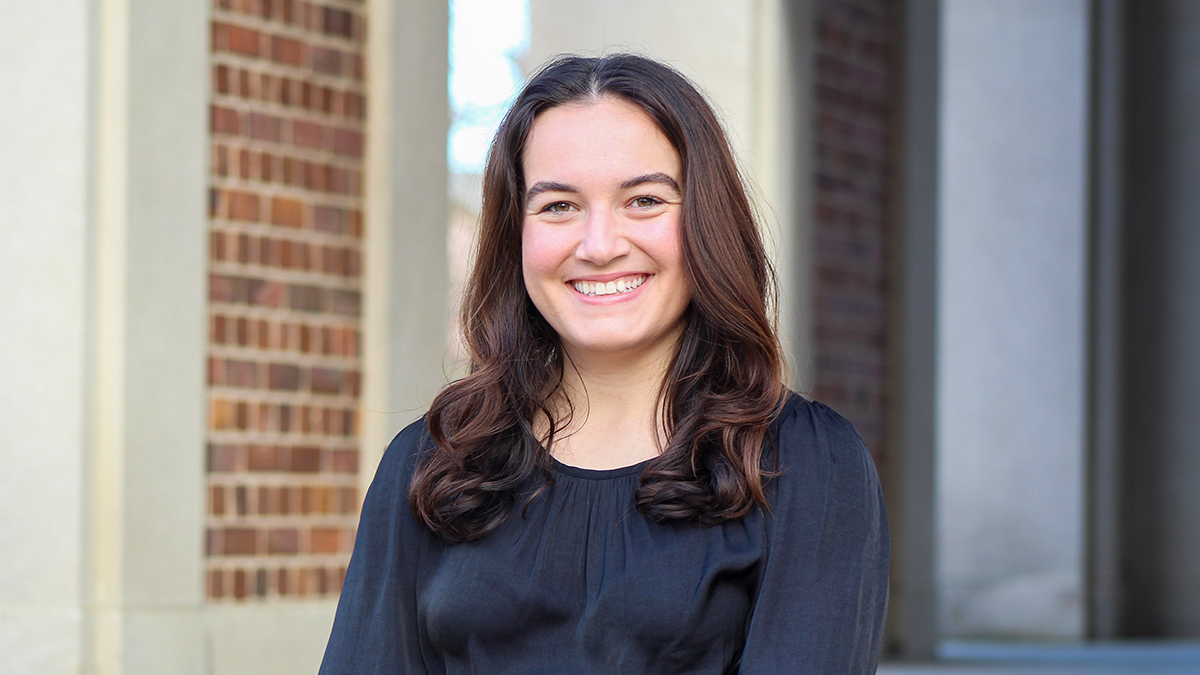No. 1, again
While Kiplinger's once again ranks UNC-Chapel Hill tops in value, Carolina also moved into the top 10 ranking of public and private universities.
For the 15th time, the nation’s first public university is first in value. The University of North Carolina at Chapel Hill is once again the best value in public schools across the country and also number one for best out-of-state value, a new category added this year by Kiplinger’s Personal Finance. Carolina also moved into the top 10 ranking of public and private universities.
The top ranking is no coincidence — Carolina’s commitment to low cost is a value built into the school’s mission and its history. Despite rising costs, tuition at UNC-Chapel Hill has always been among the lowest of all comparable universities, including public schools.
“Providing a great value to the people of North Carolina and students around the nation and the world is a hallmark of our 222-year history,” said Chancellor Carol L. Folt. “We’re proud to continue to be recognized as the best value in American public higher education for the 15th time, a welcome tribute to our deeply held commitment to accessibility, affordability, innovation and student success.”
Rounding out the top three for best values in public colleges: The universities of Florida and Virginia. Taking the top spot in the combined best values list is Washington and Lee University, followed by Princeton and Harvard.
The magazine ranked 300 colleges based on its definition of value, which is: A quality education at an affordable price. Based on a scale of 100, quality criteria account for 55% of total points, cost criteria account for 45%. Some of the key measures for quality are: Admission rates; graduation rates; test scores of incoming freshmen and student-to-faculty ratios. As for the financial measures, the magazine considers overall cost of tuition; the cost of books; room and board; the average percentage of need met by aid and the average debt a student accumulates before graduation.
According to the Project on Student Debt, 69 percent of students nationwide borrow money to pay for college, while 41 percent borrow money to attend UNC-Chapel Hill. Currently, debt for Carolina’s graduating students is $18, 945, far below the national average of $35.051.
Forty-seven percent of students at the university currently receive financial aid. Additionally, Carolina provides outstanding access and affordability through signature programs like Carolina Covenant. The program promises low-income, prospective students they’ll graduate debt free with help from grants, scholarships and work-study jobs.
The University’s Carolina Firsts program has also created a pathway of opportunity for the almost 20 percent of UNC-Chapel Hill undergraduates who are the first in their family to attend college.
UNC-Chapel Hill, which garnered a record 31,955 applications for 2015 admission, offers an even wider array of world-class resources. The university features 325 study abroad programs in 70 countries and it ranks among the nation’s most successful public universities in attracting research funding from federal agencies. The school’s most recent four-year graduation rate is 81 percent, well above the 59 percent national average for public schools.




